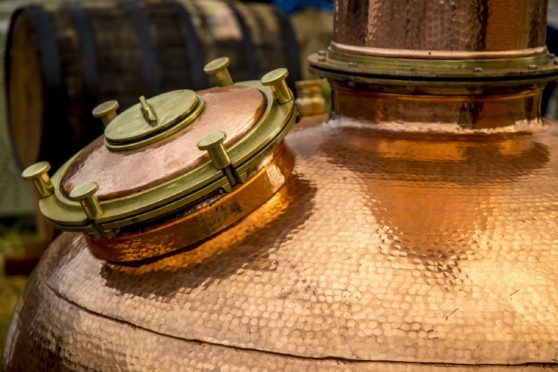Distilling seems to be THE growth industry in these islands. This stems from growing global demand for spirits and to UK legal changes that encouraged the start-up of small, independent distilleries for the first time in two centuries. The new distillery list is formidable, with others being mooted and planned every month.
However, to me the really big news is that one of Scotland’s most famous lost distilleries, Rosebank at Falkirk, beside the Forth-Clyde Canal, has been acquired from Diageo by Ian MacLeod Distillers, who are rebuilding it to start distilling again next year.
I recall how amazed I was recently to hear that long-dormant Brora and Port Ellen were being restarted. To hear that Rosebank is also undergoing a £10 million-plus phoenix treatment is astounding.
Not that others haven’t tried to resurrect Rosebank. A local entrepreneur tried hard about 10 years ago, but was thwarted by a host of factors, including Diageo declining to sell the name and thieves breaking into the moribund premises and stripping out the stills and copper plumbing.
Rosebank was renowned as one of the few distilleries in Scotland that triple-distilled, a tradition today upheld solely by Auchentoshan near Glasgow. It also cooled the spirit vapour in spiral pipes in vast timber worm tubs, highly visible from the adjacent main road. MacLeods intend to reinstate both triple distilling and worm pipe cooling.
Distilling is scheduled to start in 2019, with the new single malt available some time during the later 2020s. MacLeod’s, who also own Glengoyne and Tamdhu distilleries, have also acquired stocks of Rosebank distilled before its closure in 1993, which will be released in dribs and drabs with price tags well into three figures.
Rosebank is actually an amalgamation of two distilleries, Rosebank and Camelon, both built in the early 1800s, which stood on opposite sides of major locks on the Forth-Clyde Canal. With a handful of other distilleries, it was a founding member of Scottish Malt Distillers in 1914, a group fully acquired some years later by DCL (Distillers Company Ltd), one of several firms that now make up Diageo.
The distillery was closed, amid loud lamentations, during the industry’s longest post-war adverse period. I thought it would never reopen, but am delighted to be proved wrong.
